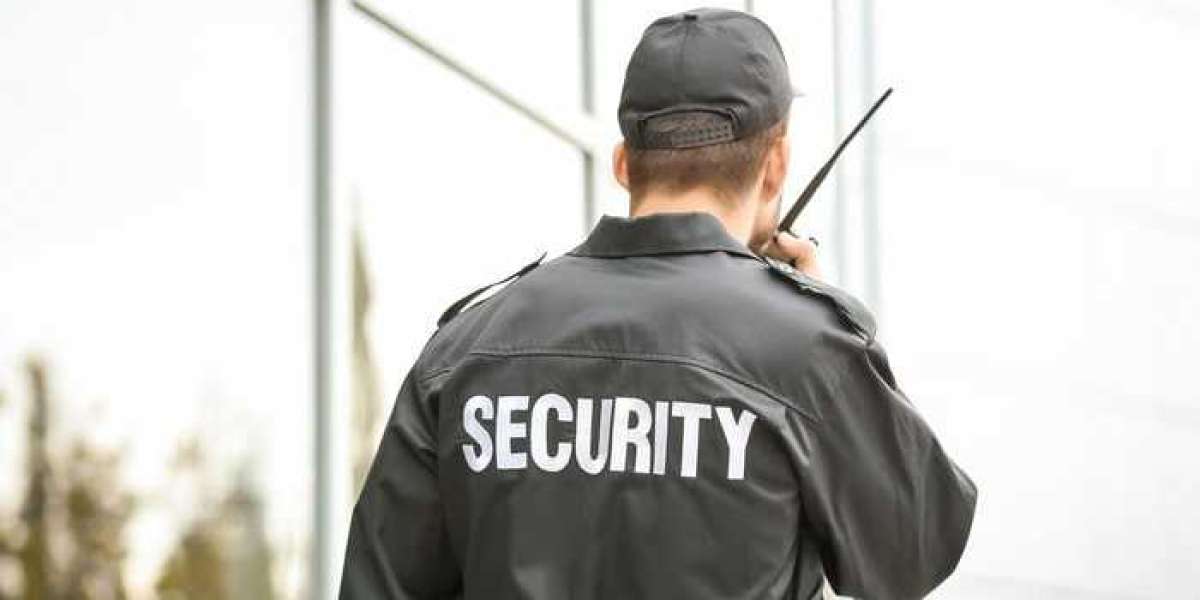In the fast-paced environment of a restaurant, particularly during peak hours, managing large crowds and ensuring the safety and comfort of all guests is a challenging task. This is where restaurant security guards play a vital role. Not only are they responsible for safeguarding the premises, but they also ensure the smooth flow of operations, providing a secure environment for both customers and staff. Their presence helps prevent disturbances, respond to emergencies, and maintain a welcoming atmosphere, which is essential for delivering excellent customer service.
The Role of Security Guards in Crowd Management:
Crowd management is one of the primary responsibilities of security guards in restaurants. During busy times, such as weekends, holidays, or special events, the number of patrons can overwhelm the space, leading to potential safety concerns. Security guards are trained to manage large groups, ensuring that patrons move smoothly through the restaurant, preventing overcrowding in any one area, and maintaining an organized queue for guests waiting to be seated.
A major aspect of crowd control involves communication and guidance. Security guards stationed at the entrance can greet customers, direct them to the proper areas, and ensure they follow the restaurant's policies, such as maintaining physical distance or wearing proper attire if required. They also monitor the flow of customers to prevent bottlenecks, especially in high-traffic areas like the entrance, bathrooms, or near the bar.
Preventing and Handling Conflict:
Restaurants can sometimes attract customers who may engage in disruptive behavior, either due to intoxication or dissatisfaction with their experience. Security guards are trained to de-escalate potential conflicts before they turn into serious issues. Whether it’s mediating a disagreement between guests or calmly diffusing a tense situation, the ability to act quickly and professionally is crucial.
Security guards also play a key role in addressing issues with unruly behavior. If a situation escalates to the point where physical intervention is required, security personnel are prepared to step in and remove the disruptive individual from the premises, ensuring the safety of all patrons and staff. Their presence alone can often prevent such conflicts, as patrons are more likely to behave appropriately when they know security is visible and attentive.
Responding to Emergencies:
Emergencies in a restaurant environment can range from medical issues to fires, natural disasters, or even active threats. Security guards are trained in emergency response procedures, which includes first aid, fire safety, and evacuation protocols. In the event of a medical emergency, security guards are often the first to respond, providing immediate assistance until professional medical personnel arrive.
In the case of fire or other urgent situations, security guards help coordinate the safe and efficient evacuation of patrons. They are knowledgeable about the layout of the restaurant, ensuring that all exits are clear and directing customers and staff to safe areas.
Moreover, in the unlikely event of a criminal act such as theft or vandalism, security guards are responsible for deterring such incidents and managing the response. Their training includes identifying suspicious behavior, handling security camera systems, and working with law enforcement when necessary. By handling these threats professionally, security guards maintain a sense of safety that allows the restaurant’s staff to focus on their roles.
Facilitating Smooth Operations:
Security guards don’t only respond to emergencies or control crowds; they also contribute to the daily smooth operation of the restaurant. By ensuring that doors are secure, parking lots are monitored, and restricted areas are off-limits, security helps maintain order and safety throughout the day.
They assist in controlling access to different areas of the restaurant. For example, in upscale dining establishments, they may be tasked with ensuring that only authorized personnel have access to the kitchen or storage areas. In some restaurants, security guards may also be responsible for monitoring the behavior of delivery personnel, making sure that goods are properly checked and delivered without causing disruptions to the dining experience.
Furthermore, security guards often act as an additional layer of customer service. They are present to greet patrons, assist with special requests, or help in the case of customer inquiries. Their professional demeanor and helpfulness contribute to the overall ambiance of the restaurant, making guests feel safe and valued.
The Importance of Training and Coordination:
The effectiveness of restaurant security guards hinges on their training. Beyond physical security measures, their ability to manage crowds, handle conflicts, and respond to emergencies is rooted in comprehensive training programs. Security guards are often trained in areas like conflict resolution, customer service, crowd control, and emergency preparedness. Some restaurants even provide specialized training on handling specific situations unique to their establishment, such as managing VIP guests or dealing with large-scale events like private parties or corporate dinners.
Security guards also need to coordinate effectively with restaurant management and staff. Good communication between security personnel, wait staff, and other employees is essential to ensure that the restaurant operates efficiently. Whether it's updating the security team on a VIP reservation, or working with the staff to maintain a secure environment during a special event, strong teamwork between all members of the restaurant is key to success.
Final Thought:
Restaurant security guards do much more than watch over the premises; they are integral to ensuring that operations run smoothly and safely. From managing crowds to responding to emergencies, their role is indispensable in maintaining a pleasant and secure environment for both guests and employees. With their skills, training, and professional demeanor, security guards help create an atmosphere where patrons can relax and enjoy their dining experience without worry. As such, the presence of security guards is an essential part of any restaurant’s strategy to provide high-quality service and ensure customer satisfaction.








